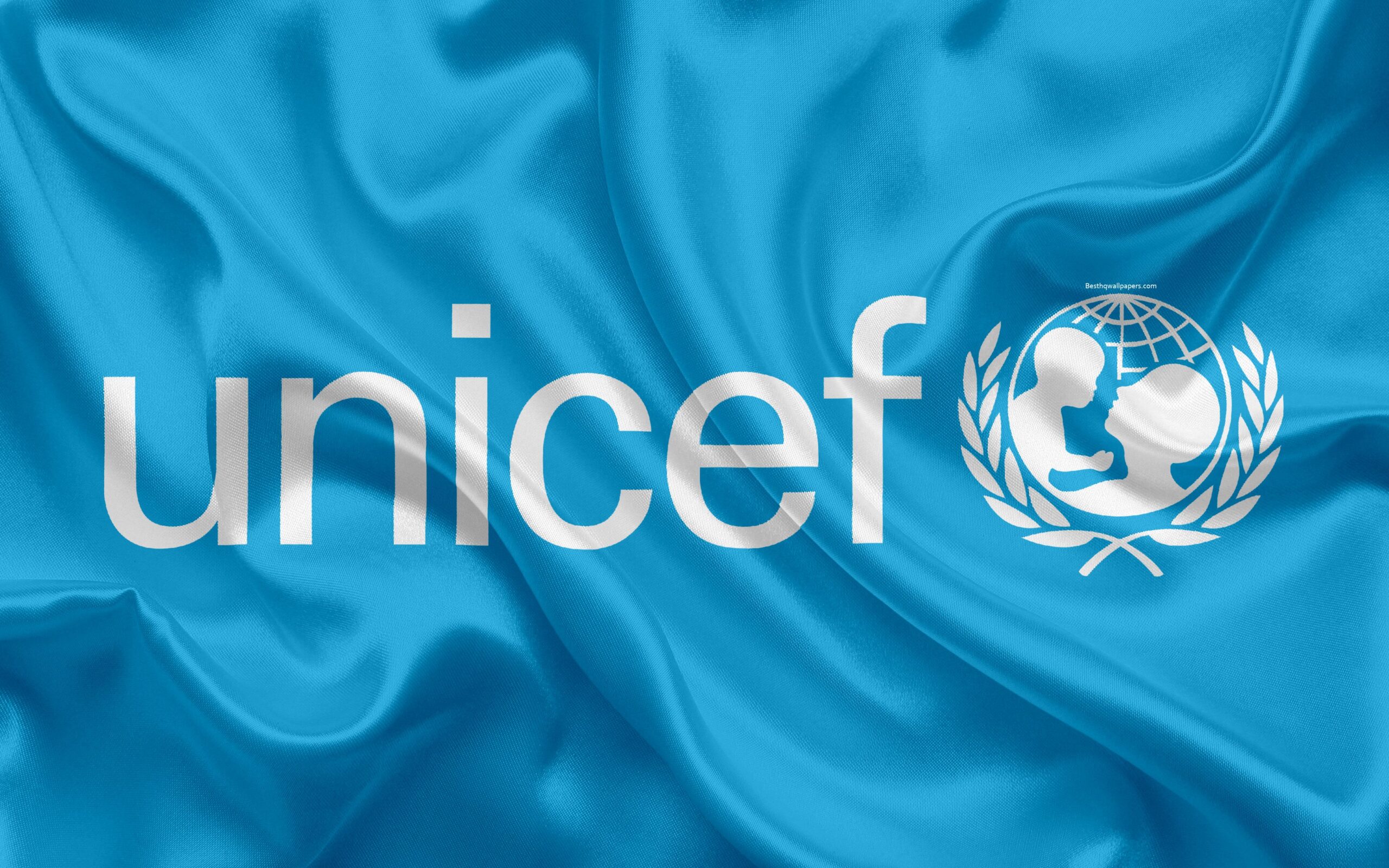UNICEF Highlights Importance of First 1,000 Days in Child Development
- Home
- UNICEF Highlights Importance of First 1,000 Days in Child Development

UNICEF Highlights Importance of First 1,000 Days in Child Development
Critical Period for Physical and Brain Growth
The United Nations Children’s Fund (UNICEF) has emphasized that the first 1,000 days of a child’s life are crucial for their physical development and brain growth. During this period, the foundation for a child’s long-term health, education, and productivity is established.
This key message was delivered by Mrs. Abigail Nyam, Nutrition Officer at the UNICEF Field Office in Kano, northern Nigeria, during a media dialogue held in Zaria on Thursday. The event was organized to engage news and programs managers from radio and television stations in Kano, Jigawa, and Katsina States.
The Role of Maternal and Child Nutrition
Mrs. Nyam highlighted that the nutrition a woman receives during pregnancy and breastfeeding, as well as the nurturing care a baby receives in the first two years of life, are critical for a healthy future. She stressed that maternal and child health are determinants of a child’s potential to grow and thrive. Poor nutrition in the first 1,000 days can result in irreversible damage to a child’s developing brain and body.
“Failure to achieve proper growth during this period is associated with long-term consequences, including limitations in schooling, productivity, and income potential,” Nyam explained.
Consequences of Poor Nutrition in Early Life
Nyam further elaborated that up to 80% of brain growth and maturation occur by the age of two. Inadequate nutrition during this period can lead to a greater risk of non-communicable diseases later in life, such as diabetes, heart disease, hypertension, and osteoporosis. These conditions often result in lifelong medical expenses and reduced quality of life.
“The first 1,000 days are a time of tremendous potential and enormous vulnerability. How well—or how poorly—mothers and children are nourished during this period has a profound impact on a child’s future,” she said.

According to UNICEF’s State of the World’s Children 2010 report, under nutrition contributes to more than one-third of child deaths globally.
WHO Guidelines on Infant Nutrition
Mrs. Nyam also underscored the World Health Organization’s (WHO) recommendations on optimal infant feeding practices. These include initiating breastfeeding within one hour of birth and exclusively breastfeeding for the first six months. After six months, timely and appropriate complementary feeding should be introduced alongside continued breastfeeding for up to two years or beyond.
Introduction of Multiple Micronutrient Supplements (MMS)
UNICEF is also advocating for the introduction of Multiple Micro nutrient Supplements (MMS) for pregnant women as a means to reduce maternal and infant mortality in Nigeria. Mrs. Nyam described MMS as a vital intervention for addressing anemia in pregnant women worldwide.
“MMS is a once-a-day pill that contains 13 to 15 essential vitamins and minerals for pregnant and nursing women, helping to meet micronutrient requirements that are not fulfilled by poor diets. It is safe, effective, affordable, and cost-efficient, and it has proven to be more effective than Iron and Folic Acid alone in improving maternal nutrition,” she said.
Engaging the Media for Child Advocacy
Earlier in the event, Mr. Samuel Kaalu, Communication Officer at the UNICEF Field Office in Kano, explained the objective of the media dialogue. According to Kaalu, the event aimed to engage journalists from Kano, Jigawa, and Katsina States on key advocacy priorities related to child development. The media plays a crucial role in creating awareness about the importance of the first 1,000 days in a child’s survival and promoting other UNICEF activities.
The dialogue provided a platform for media professionals to better understand and communicate the significance of early childhood nutrition and development in the broader context of UNICEF’s mission in Nigeria.
- Share

